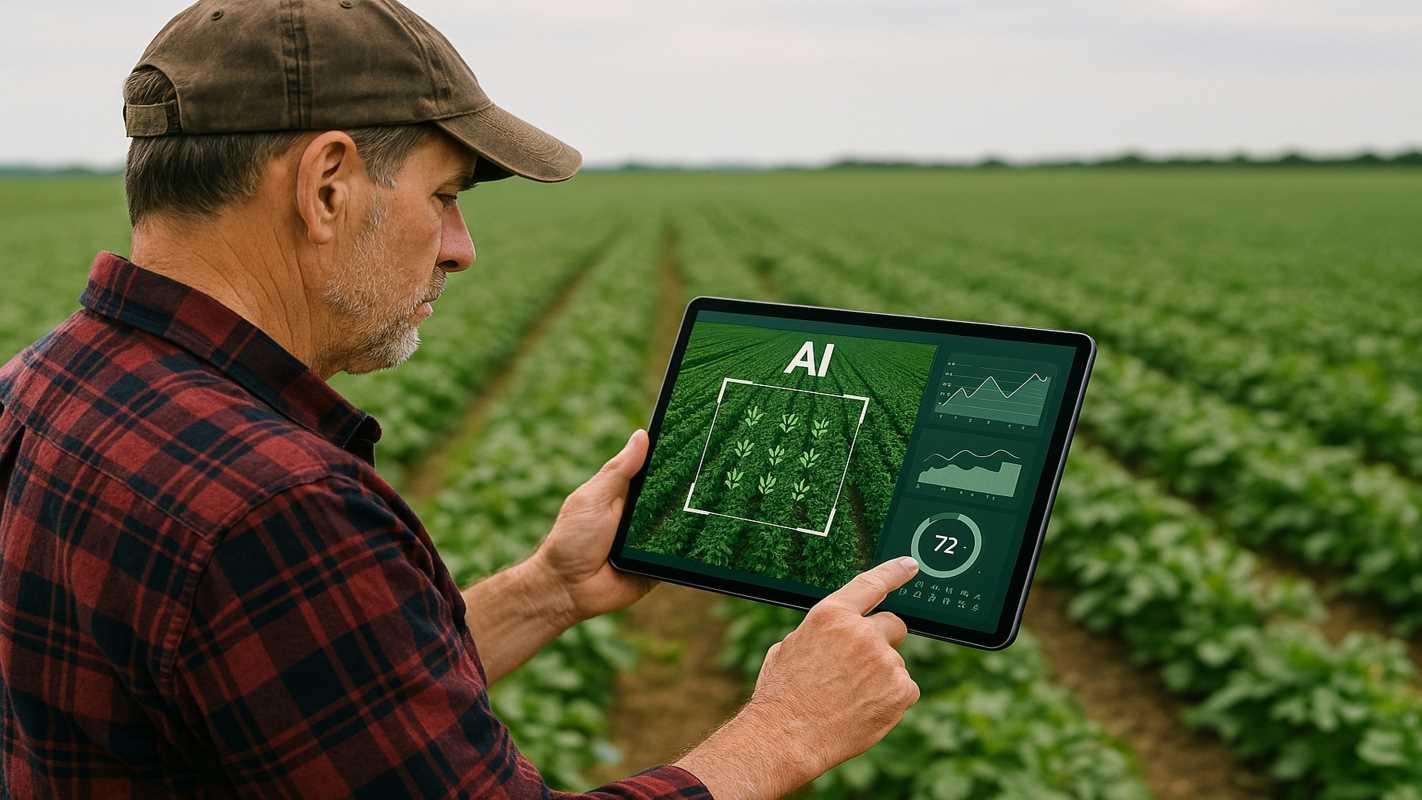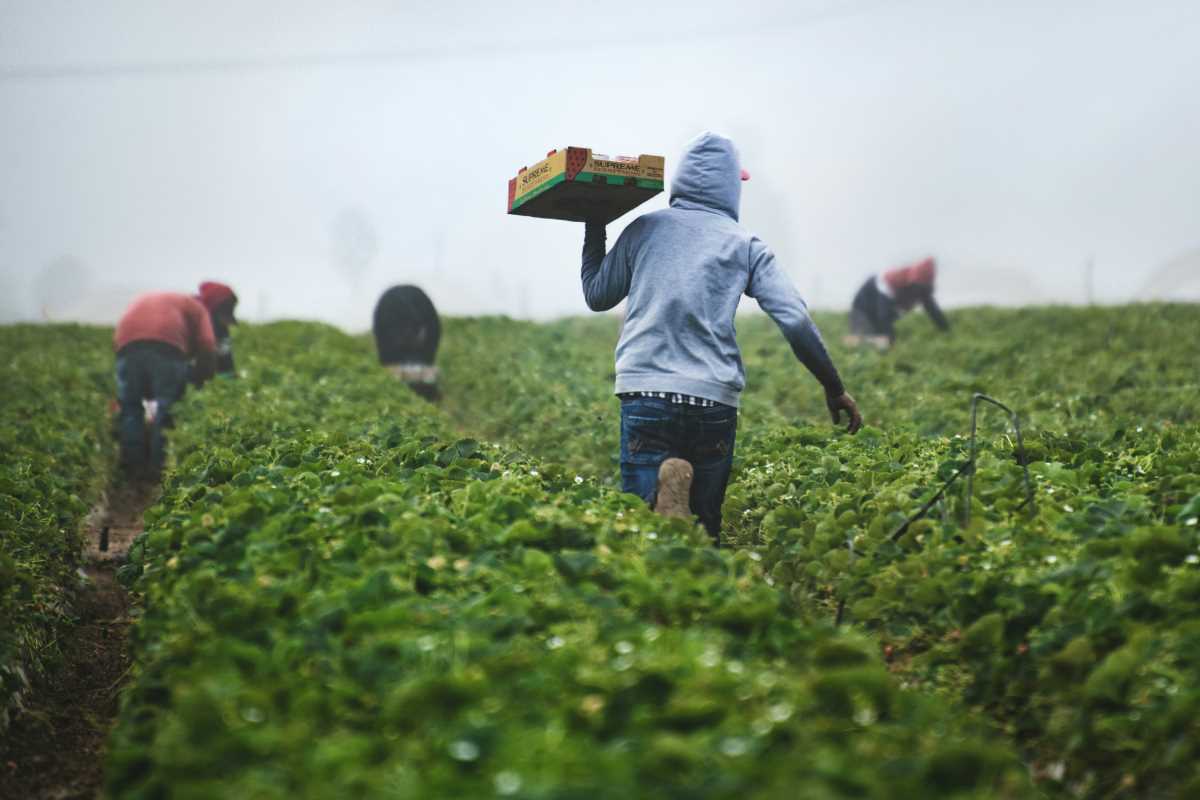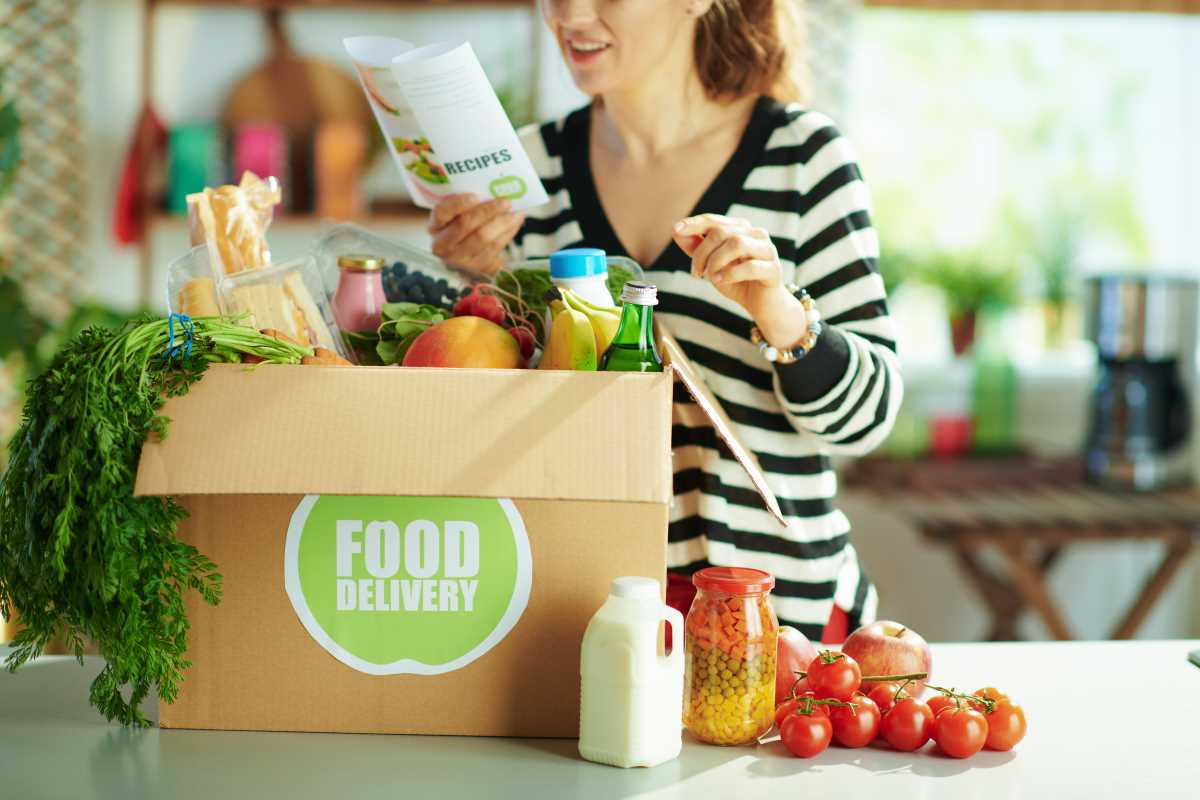Modern farm traceability links each stage of agricultural production, from choosing seeds to delivering food onto the consumer’s table. By providing clear records of every step in the process, traceability makes it easier for farmers to monitor their crops and livestock, track inputs, and respond quickly to any issues that arise. This approach creates a transparent environment where data informs improvements, allowing farmers to make well-grounded decisions that enhance both productivity and profit. As a result, traceability not only strengthens food safety and quality but also builds trust between producers and consumers by showing exactly how food reaches their plates.
With advanced technology making its way into agricultural settings, tools for tracking the journey of crops and livestock are becoming common. They provide reliable data that drives operational improvements and enhances the value of products in a competitive market.
What Are Farm Traceability Tools?
Farm traceability tools help record and monitor every step of the production process. Farmers use these tools to track everything from planting and growing to storage and transportation. This type of oversight makes it easier to pinpoint and fix issues, ensuring products meet high standards.
Some of the most popular traceability solutions include:
- RFID tags that track individual animals or produce batches
- QR codes for quick access to detailed production data
- Sensors that monitor environmental conditions
- Mobile apps to update records in real time
- Blockchain systems that ensure data security and integrity
Business Benefits of Tracking from Plot to Plate
Farm traceability systems offer notable economic and operational benefits. They help reduce waste, boost productivity, and support better decision-making. These tools simplify the process of meeting industry regulations and consumer expectations. A clear record of each stage builds confidence with partners and consumers alike.
Key advantages for businesses include:
- Lower operational costs by optimizing resource use
- Enhanced product quality that can command premium pricing
- Improved supply chain management with real-time data flow
- Easier compliance with food safety regulations
- Access to new market segments that value transparency
Improving Food Safety and Consumer Trust
Consumers increasingly want to know where their food comes from. Farms can address concerns about contamination and quality with clear records of production and handling. This focus on safety helps reduce recalls and waste from mismanaged stock. Detailed records provide valuable information during audits or regulatory inspections.
When customers receive products with a clear history, they trust the brand more. Transparency reassures buyers that proper measures were taken to ensure food safety. This trust helps build long-term relationships that lead to repeat business.
Market Access and Sales Opportunities
When a farm documents its production journey, it opens doors to new sales and marketing opportunities. Retailers and wholesalers appreciate reliable information on product origins and handling techniques. This extra insight can be the deciding factor in forming long-term business partnerships.
Consumers also are willing to pay a premium when they can verify the source and quality of their food. For example, many local markets and specialty stores now focus on offering traceable harvests that build trust and drive sales.
Implementing Traceability: Practical Steps for Your Operation
Starting with traceability systems does not have to be overwhelming. Farms can begin small and gradually develop into a fully integrated tracking system. The key is to plan carefully and select methods that best fit the nature of the operation. A growing database of proven solutions helps guide each step forward.
Follow these steps to begin:
- Evaluate your current tracking and record-keeping methods to identify areas needing improvement.
- Research various traceability tools that match your farm’s scale and complexity.
- Invest in systems that are easy to use and manage data reliably.
- Train staff and establish clear protocols for data entry and monitoring.
Blockchain and Digital Tools
Blockchain and digital tools are transforming farming by ensuring secure, tamper-proof records and improving traceability from farm to market. Integrating these technologies provides greater transparency, enhances product safety, and streamlines operations across the supply chain.
Adopting traceability solutions opens access to higher value markets, strengthens reputation, and builds consumer trust. Use these tools to boost efficiency, support long-term growth, and position your farm for future opportunities.
 (Image via
(Image via





